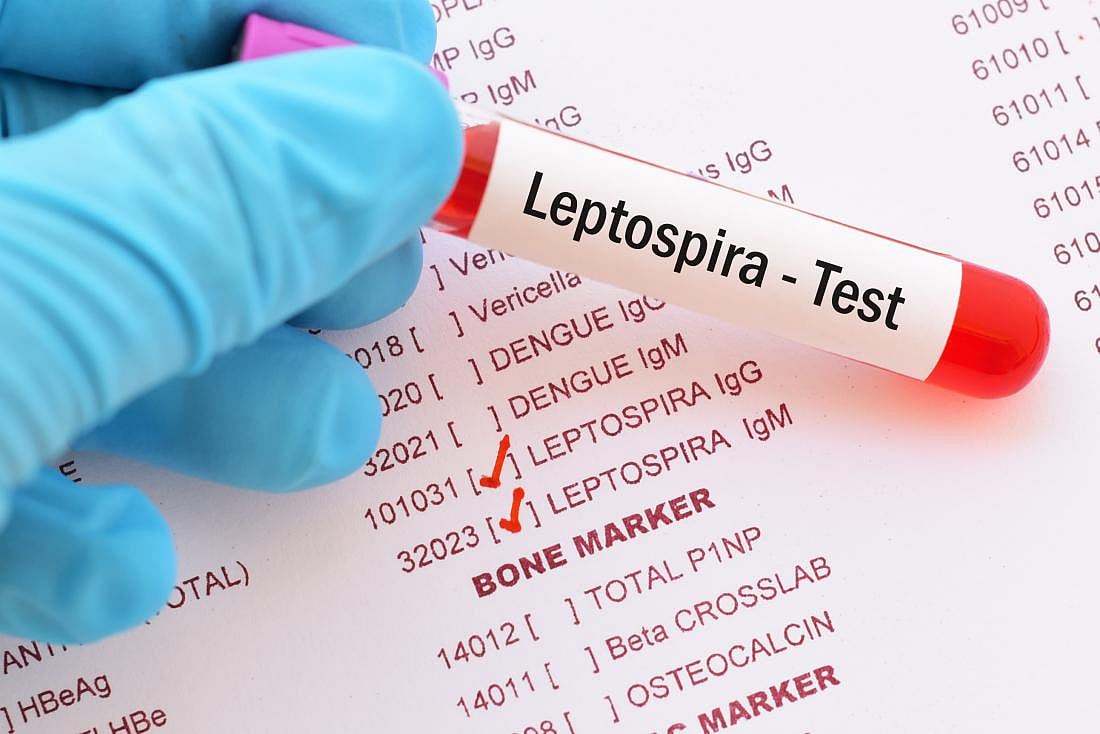Mumbai: Lepto cases may rise by end of July; BMC calls for preventative steps
Leptospirosis is a common infection during monsoon, especially in areas prone to flooding and waterlogging; it is caused by a bacteria called spirochete

Representative Image |
Mumbai: The BMC has urged citizens to take precautionary steps during monsoon, considering there could be a surge in leptospirosis cases in the coming days.
According to the latest report, from July 4-10, the city reported 136 cases of gastroenteritis, followed by malaria (80), hepatitis (17), dengue (13) and leptospirosis (five). The total number of gastro cases during monsoon stand at 176, with malaria at 119.
Leptospirosis is a common infection during monsoon, especially in areas prone to flooding and waterlogging; it is caused by a bacteria called spirochete. Infectious diseases experts said the cases are bound to rise later this month and August as the season progresses.
A health expert said, “It will be challenging for doctors and patients to recognise the disease as the symptoms are similar to Covid-19. Doctors will need to analyse certain parameters, which include blood reports and clinical features for malaria and dengue, and base the treatment on that.”
Dr Tushar Rane, internal medicine expert at Apollo Spectra Hospital, Mumbai, said that dengue cases are rising in the city, while other diseases such as malaria, leptospirosis, and chikungunya have gone down.
“To prevent dengue, wear full-sleeved clothes to avoid mosquito bites, use repellents, close windows during evening, keep the surroundings clean and avoid water stagnation near the house. Mosquitoes prefer damp and dark places. Do not ignore symptoms of dengue such as muscle pain, body ache, vomiting, fever, and headache, and consult the doctor immediately,” he said.
PHASES OF LEPTOSPIROSIS
It usually manifests five to 14 days after exposure to contaminated sources with an abrupt onset of symptoms like pain in the muscles, eye pain and headaches, followed by high fever and cold.
The redness of eyes appears first and other symptoms seem to increase gradually. The patient may recover transiently but become ill again.
If the second phase occurs, it is usually more severe, with the involvement of liver or kidney failure and meningitis. This phase can last from a few days to a few weeks, or longer.
RECENT STORIES
-
-
-
-
-
